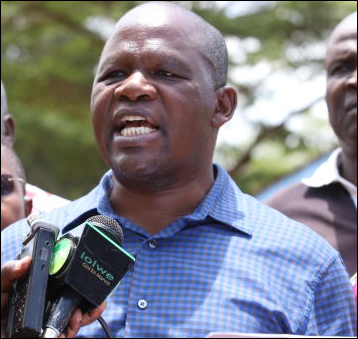×
The Standard e-Paper
Join Thousands Daily

When fully operational, the Lake Basin Mall in Kisumu could help grow the local economy and provide shopping variety for most Nyanza and Western counties.
The Sh4.1 billion shopping mall can host government institutions, a luxury hotel, a car showroom and several supermarkets.